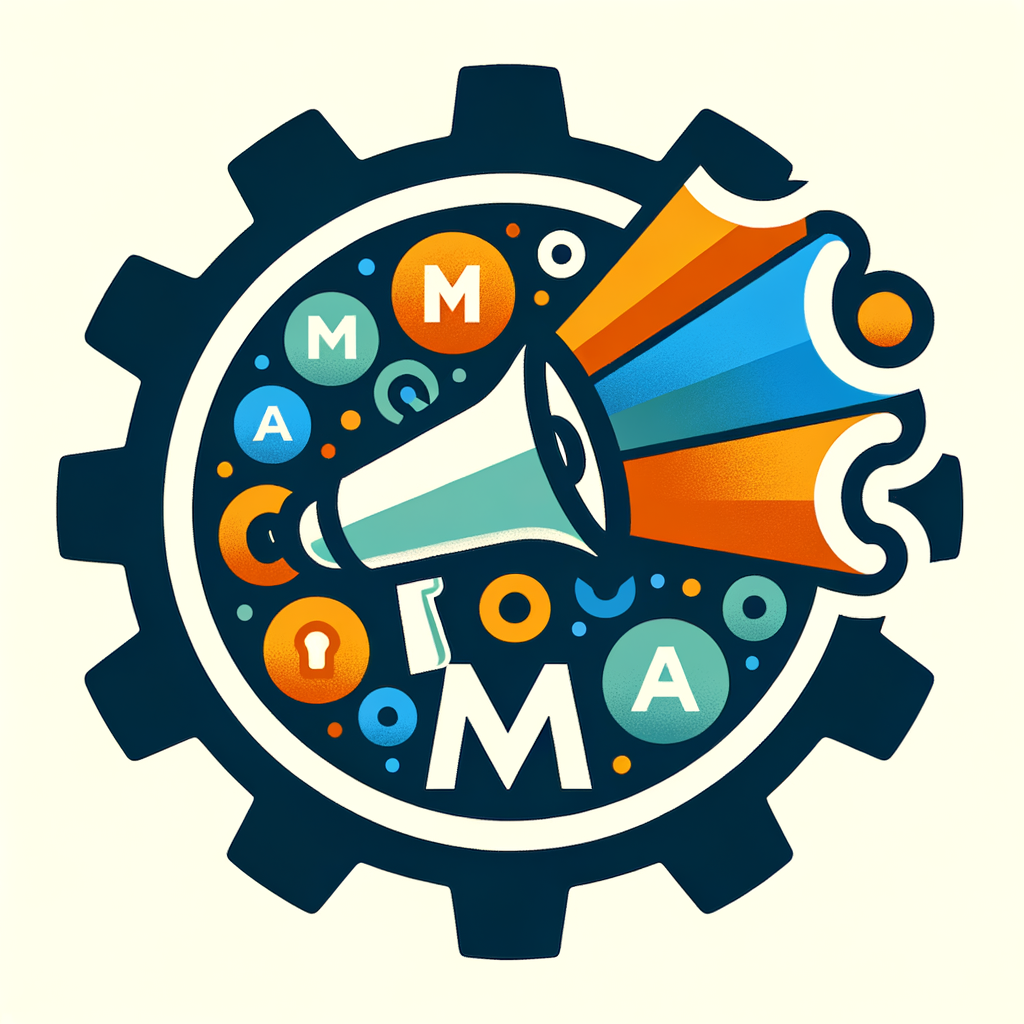What is marketing automation, and why is it crucial for businesses in today’s digital age? Marketing automation refers to the use of software and technologies to streamline and automate various marketing processes, such as lead generation, nurturing, segmentation, and campaign management. By leveraging marketing automation, businesses can enhance their marketing efforts, improve customer engagement, and ultimately drive revenue growth.
Key Takeaways:
- Marketing automation helps businesses streamline and automate marketing processes, leading to increased efficiency and better customer engagement.
- Defining clear goals, understanding your target audience, and creating a comprehensive strategy are essential for successful marketing automation implementation.
- Lead scoring, segmentation, and personalization are key components of effective marketing automation.
- Integrating marketing automation with other systems, such as CRM and analytics tools, provides a holistic view of customer data and insights.
- Continuous testing, optimization, and measurement are crucial for refining and improving your marketing automation efforts.
Introduction to Marketing Automation
Marketing automation is a powerful tool that enables businesses to automate and streamline various marketing tasks, from lead generation and nurturing to campaign management and customer engagement. By leveraging marketing automation software, businesses can create personalized and targeted campaigns, nurture leads through the sales funnel, and ultimately drive revenue growth.
Define Clear Goals and Objectives
Before implementing marketing automation, it’s essential to define clear goals and objectives. These goals should align with your overall business strategy and marketing objectives. Some common goals for marketing automation include lead generation, lead nurturing, customer retention, and revenue growth. By setting specific, measurable, achievable, relevant, and time-bound (SMART) goals, you can effectively measure the success of your marketing automation efforts.
Understand Your Target Audience
Effective marketing automation relies on a deep understanding of your target audience. Gather data on your customers’ demographics, behavior, preferences, and pain points. This information will help you create targeted and personalized campaigns that resonate with your audience, leading to higher engagement and conversion rates.
Develop a Comprehensive Marketing Automation Strategy
A well-defined marketing automation strategy is crucial for success. Your strategy should outline the specific processes, workflows, and campaigns you plan to automate. It should also include details on lead scoring, segmentation, content creation, and integration with other systems, such as your CRM and analytics tools.
Lead Scoring and Segmentation
Lead scoring and segmentation are essential components of effective marketing automation. Lead scoring involves assigning a numerical value to leads based on their behavior, demographics, and engagement levels. This allows you to prioritize and focus your efforts on the most qualified and engaged leads. Segmentation involves dividing your audience into smaller groups based on specific criteria, such as demographics, interests, or behavior. By segmenting your audience, you can deliver highly targeted and personalized content, increasing the likelihood of conversion.
Personalization and Nurturing
Personalization is key to effective marketing automation. By leveraging customer data and behavior insights, you can create personalized content and campaigns that resonate with your audience. Nurturing campaigns are designed to guide leads through the sales funnel by providing relevant and valuable content at each stage of the buyer’s journey.
Integration and Data Management
Integrating your marketing automation platform with other systems, such as your CRM and analytics tools, is crucial for a holistic view of customer data and insights. This integration allows for seamless data sharing, enabling you to create more targeted and personalized campaigns. Additionally, proper data management practices, including data hygiene and governance, are essential for ensuring the accuracy and integrity of your customer data.
Testing, Optimization, and Measurement
Marketing automation is an iterative process that requires continuous testing, optimization, and measurement. Regularly analyze your campaign performance, identify areas for improvement, and make data-driven adjustments. A/B testing can help you determine the most effective messaging, content, and delivery methods. Additionally, establish key performance indicators (KPIs) to measure the success of your marketing automation efforts and make informed decisions.
Marketing automation is a powerful tool that can significantly enhance your marketing efforts and drive business growth. By following these best practices, you can effectively implement and leverage marketing automation to engage your audience, nurture leads, and ultimately increase conversions and revenue. Remember, marketing automation is an ongoing process that requires continuous optimization and refinement. Embrace a data-driven approach, stay agile, and consistently strive to deliver exceptional customer experiences.
To unlock the full potential of marketing automation and stay ahead of the competition, consider partnering with experienced marketing automation consultants or agencies. They can provide valuable insights, guidance, and support throughout your marketing automation journey, ensuring you maximize your return on investment and achieve sustainable growth.

